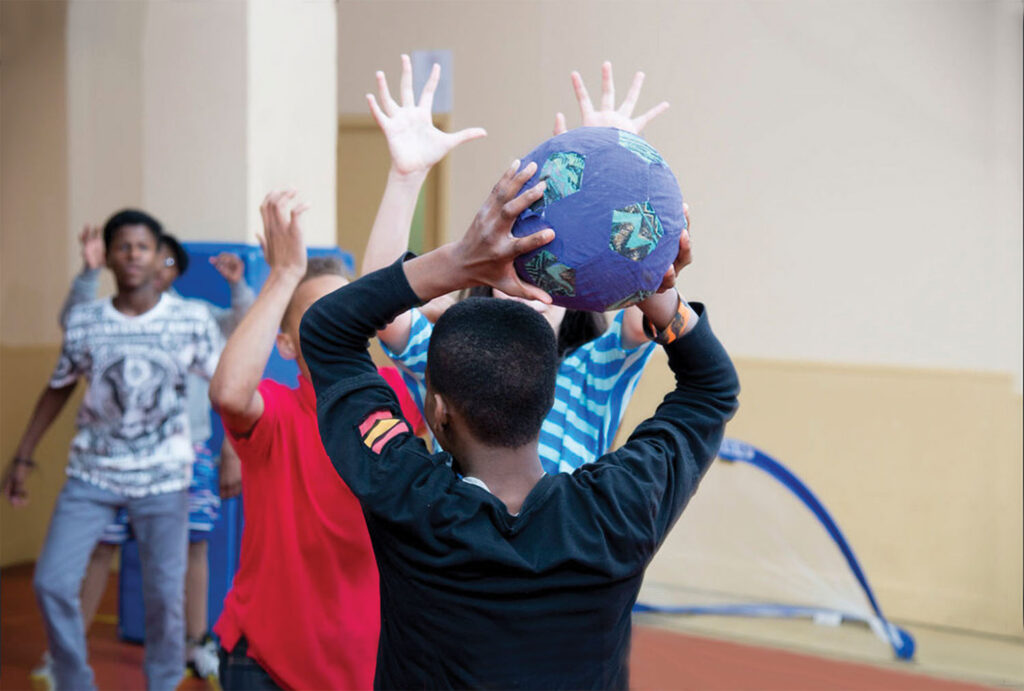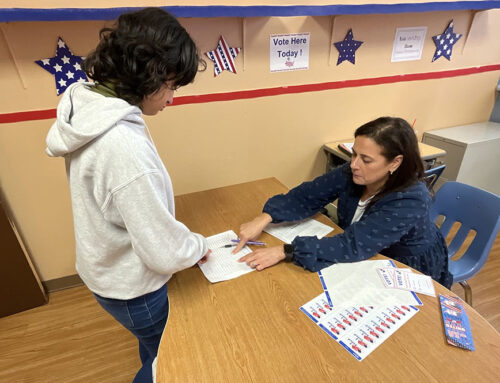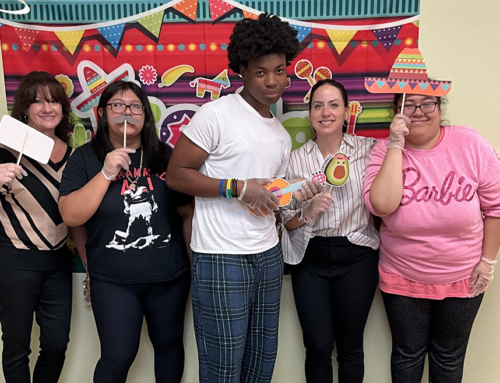There have been so many losses during the pandemic. Some we can count, others we feel. For students with disabilities, the pandemic stole routine, structure, relationships, connections, and face-to-face learning.
While most schools focused on delivering academics during remote and hybrid learning, Westbridge Academy (WBA) also addressed social and emotional learning. It was nearly impossible not to do so – how can we expect our students to be ready to learn in a crisis if we are not tending to their emotions?
 The research is clear: Social Emotional Learning is key to successful student performance, especially in students with disabilities. Drawing on the framework from The Collaborative for Academic, Social, and Emotional Learning (CASEL), WBA considers five core competencies: self-awareness, self-management, social awareness, relationship skills, and responsible decision-making.
The research is clear: Social Emotional Learning is key to successful student performance, especially in students with disabilities. Drawing on the framework from The Collaborative for Academic, Social, and Emotional Learning (CASEL), WBA considers five core competencies: self-awareness, self-management, social awareness, relationship skills, and responsible decision-making.
Westbridge staff know that a student could be experiencing trauma at any moment. They may have a loss at home, have been forced to move, be living in hunger or with food insecurity due to parental job loss, or suddenly be in the care of someone new.
“In every interaction, teachers and counselors used direct instruction to teach, practice, and reinforce skills like self-regulation, interacting with others, and decision-making. We provided our students with the skills they needed to manage the growing demands of living and learning during a pandemic.”
– Anthony Hadzimichalis, Executive Director
What is Social Emotional Learning
The process through which all young people and adults acquire and apply the knowledge, skills, and attitudes to develop healthy identities, manage emotions and achieve personal and collective goals, feel and show empathy for others, establish and maintain supportive relationships, and make responsible and caring decisions.








